Joker, directed by Todd Phillips, is the worst kind of bad film. It’s a technically proficient and gorgeously presented falsehood. One that rejects responsibility as it strives to understand and empathize with the stereotypical white mass murderer.
Joaquin Phoenix stars as Arthur Fleck, an amplified weakling of a man, living in an alternative 1970s hellscape of New York via Dante’s Inferno. While the film attempts to paint a picture of a man in a deteriorating mental state, Fleck is more akin to the stereotypical incel in every other way.
That term, the involuntary celibate, came about in the 90s but didn’t reach mainstream until the last decade. Most notably when a young, affluent white male murdered six people as revenge for his perceived lack of female attention. During his rampage, the coward filmed himself explaining the motivations behind the slaughter. He, by personal account, wasn’t getting any sex in university.
The opening fanfare of Joker is one of violence; a warm-up for what’s to come. Fleck, while at work as a hapless rent-a-clown, is assaulted by a Latino gang for no particular reason. He retreats to his therapist, a black woman, who openly belittles Fleck and denies him treatment. On the way home, Fleck attempts to connect with a child on the bus. He awkwardly tries his best tricks for a laugh, when the child’s mother, also black, aggressively tells him to back off.
Why are these incidents so important? Eventually, Fleck mainly targets white, affluent people with his rage. But it’s the opening preamble, the inciting incidents, that all feature other impoverished minorities. Their scorn, earned or not, sets the tone for everything else. This world is hostile towards Fleck – needlessly so – and it’s this society, run by these kinds of people, that deserves purification.
It was here I felt myself shifting awkwardly in my seat. This is the kind of setup you usually do before someone attempts to justify the violence that ensues. “He was always so quiet.” “He just got pushed too far.”
Worse still are the moments where Fleck’s followers, other nameless men with axes to grind, don masks reminiscent of the Anonymous movement. But here, as the city burns around them, the violence is cathartic. It is inevitable. As the collapse happens, it is designed to feel a righteous comeuppance against a system that doesn’t care about its people.
But nowhere in this pandemonium do we see any minorities again. This devastation is the kingdom of the white, middle-class man. Their rage is justified. The rage of others is the reason we are here.
Is this the message Joker is going for? I’m not sure. I think so. But Phillips claims his film is apolitical. So who knows at this point?
But what I do know is that in framing his story through the subjective lens of Fleck, Phillips takes on the responsibility to also educate his audience on the storyteller’s perspective in turn. In rejecting that, he leaves the door open for every interpretation. Some of which have an audience who are far too happy, and far too able, to live them out in reality.
In comparison, look at the works of Martin Scorsese or Joel Schumacher. The former is arguably the better filmmaker, but both have maximalist tendencies when it comes to satire. Scorsese’s The King of Comedy is the obvious comparison here, one Joker openly mimics by the end. But Scorsese’s film is never unclear how it feels about its anti-hero, Rupert Pupkin. The joke is squarely on him.
For Phillips, it’s entirely unclear who he’s supporting. By the end, as the blood begins to flow, Fleck’s framing grows towering. His posture is more pronounced. Even though we don’t realize it, the cinematography and storytelling want us to empathize with him.
By contrast, Schumacher’s dated, but still horrifically timely, Falling Down is a subtle masterpiece. In it, Michael Douglas plays a white-collar worker on a rampage across Los Angeles. We know him only by his license plate, D-FENS. It’s a deeply troubling and vibrant mockery of the plight of aging white men in a society changing around them. The satire doesn’t always hit, and there are moments where Schumacher mistakenly believes that punching down works when you’re also punching left, right, and above. But the pointed take on the misguided belief that white manifest destiny is different from all others is still indispensable viewing.
The reason for these comparisons is in how Joker deals with its fallout. Fleck, in the telling, is never at fault. Not to any real degree. The consequences of his actions fall on everyone around him. But this is his origin story – a tragic fall into malevolent grace. If his angelic retrieval from the wreckage is meant as satire, it is so toothless that it comes off as sincere.
But more importantly, the script, partially written by Phillips, allows Fleck to excuse himself at every turn. Most crucially in the climactic monologue, where his deranged ranting leads to the rallying call that lights a fire within all others like him. “What did you expect when you treat people with mental illnesses like this?”
Ignoring how distasteful that excuse is, it also lays a dangerous precedent for the future. After all, we’ve seen in the opening minutes how minorities treat Fleck. Those people are still dangerous. Fleck is just a common man forced into action.
Then, as the finale roars into action, Phillips draws comparisons to the Occupy movements. Only here, once shown they are in control, every person turns to violence and anarchy. This, for the film, is their natural state. The logical cul-de-sac at the end of a long road.
I want to believe that Joker is a satire. But, considering the recent interviews with Phillips, claiming woke culture has ruined comedy, or how the far-left agenda is attacking his film, I’m not so sure anymore.


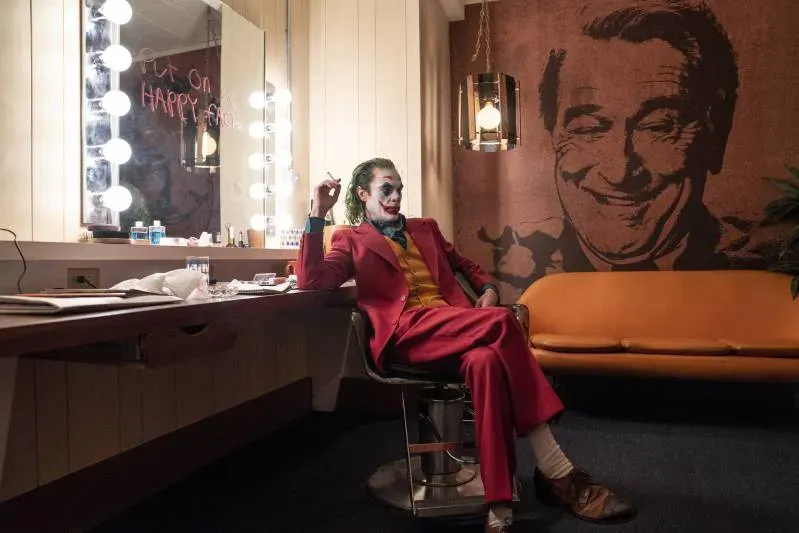
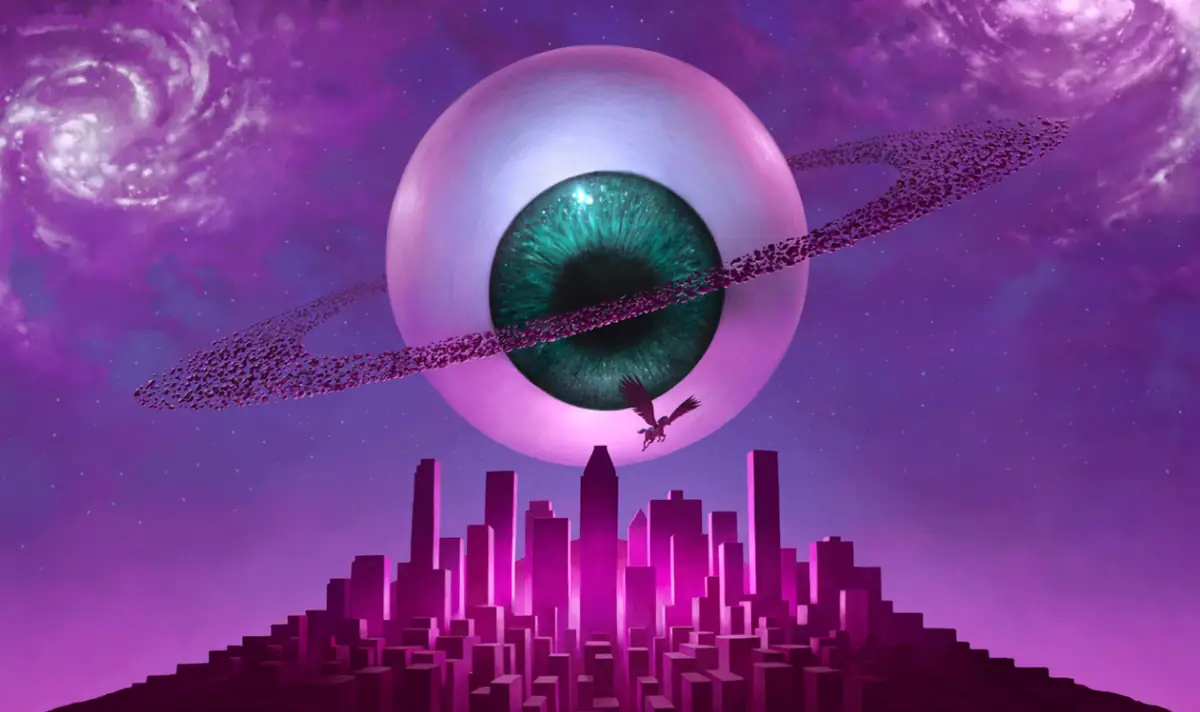
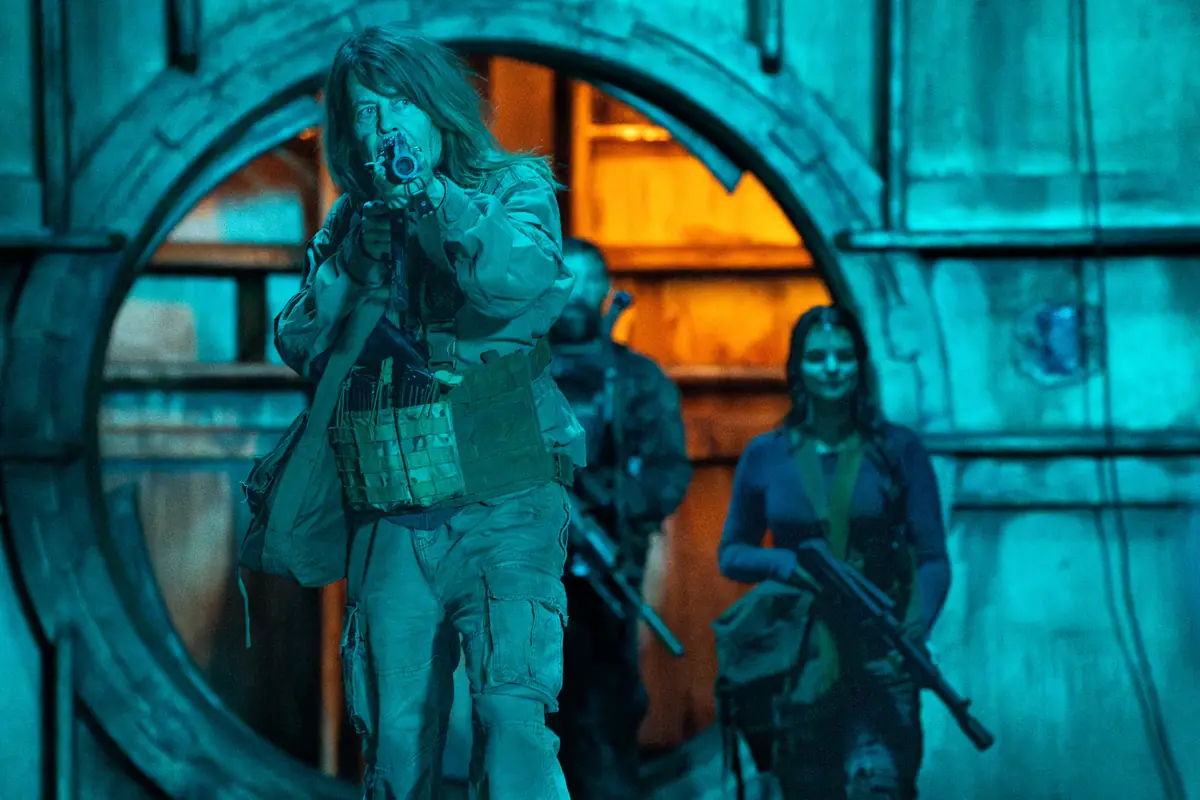

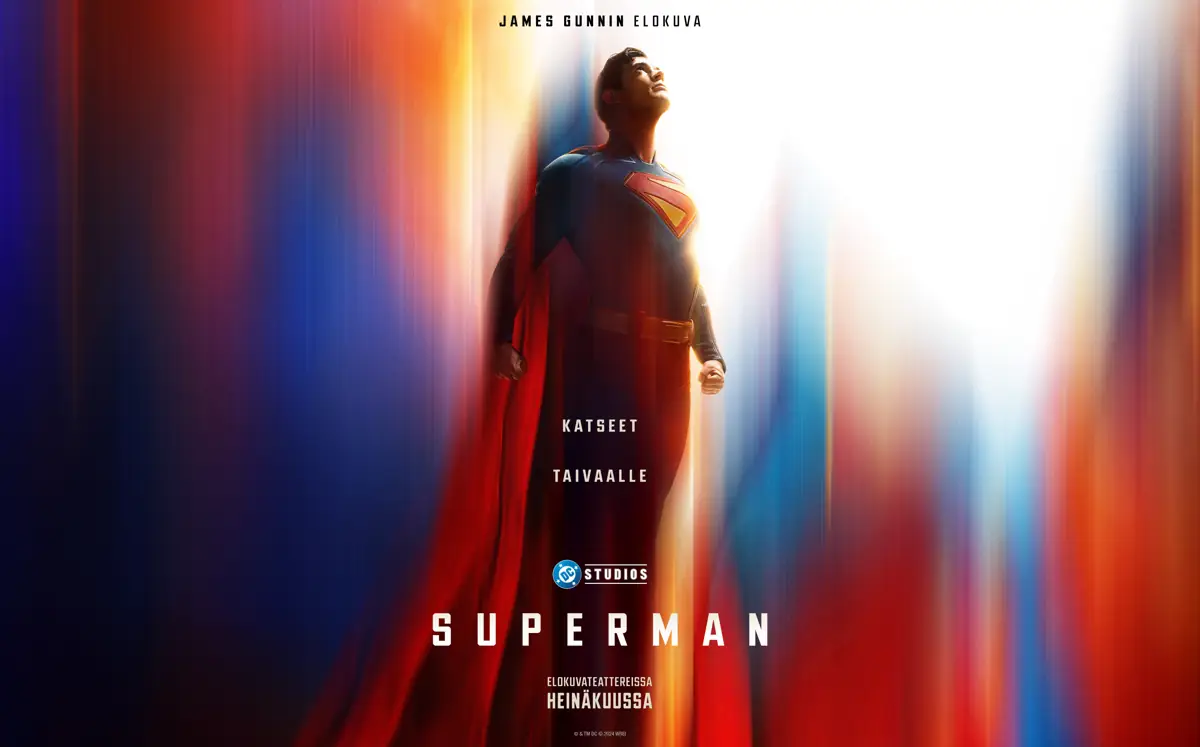

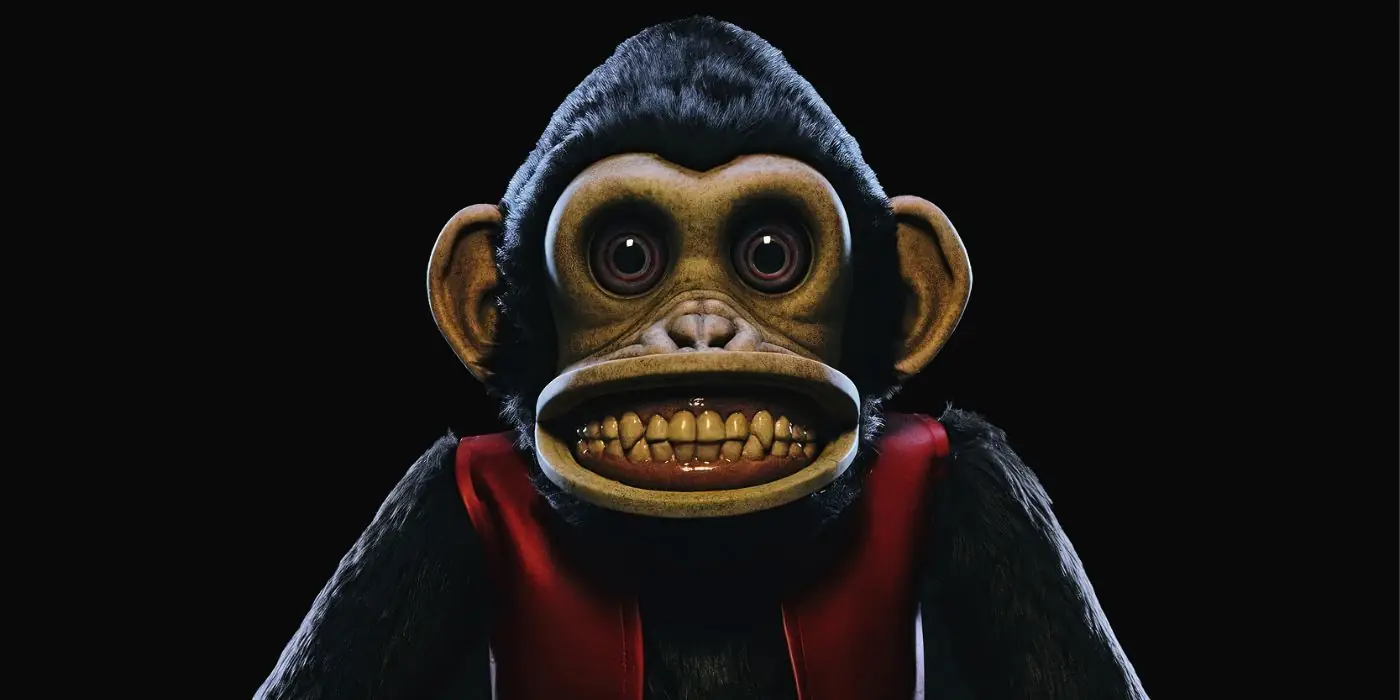
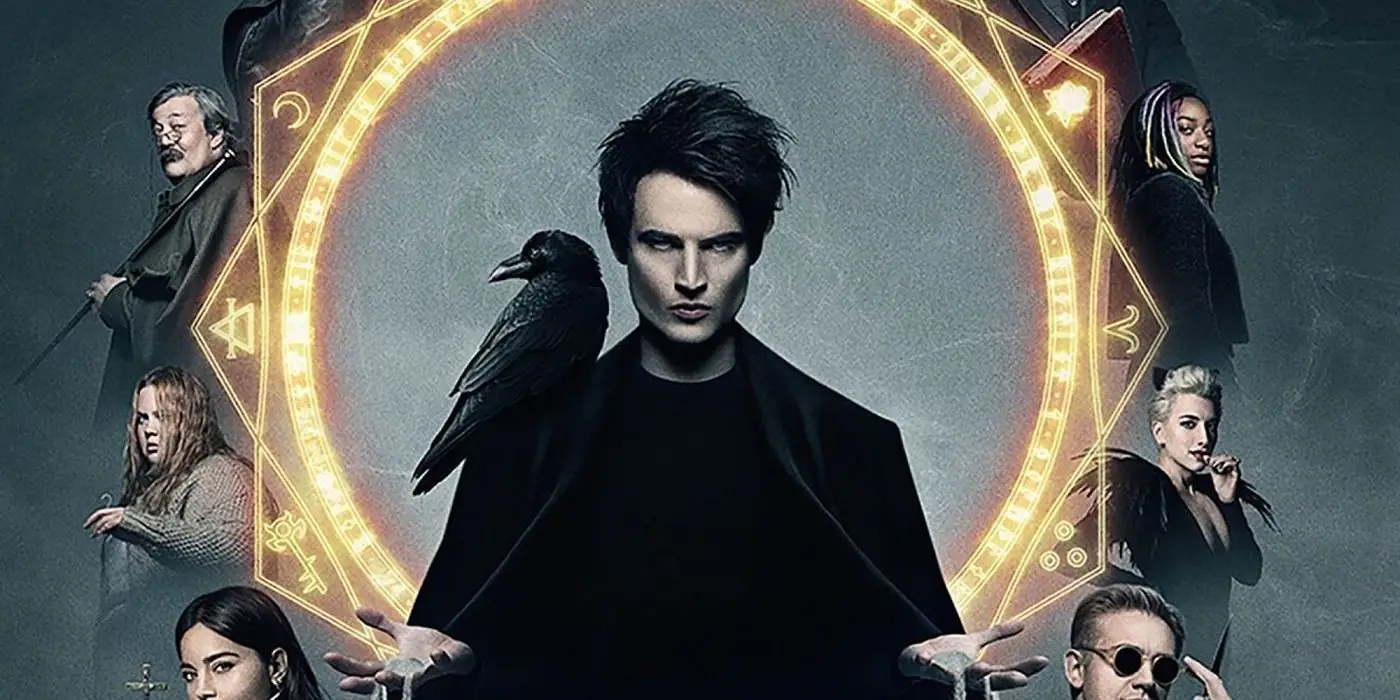
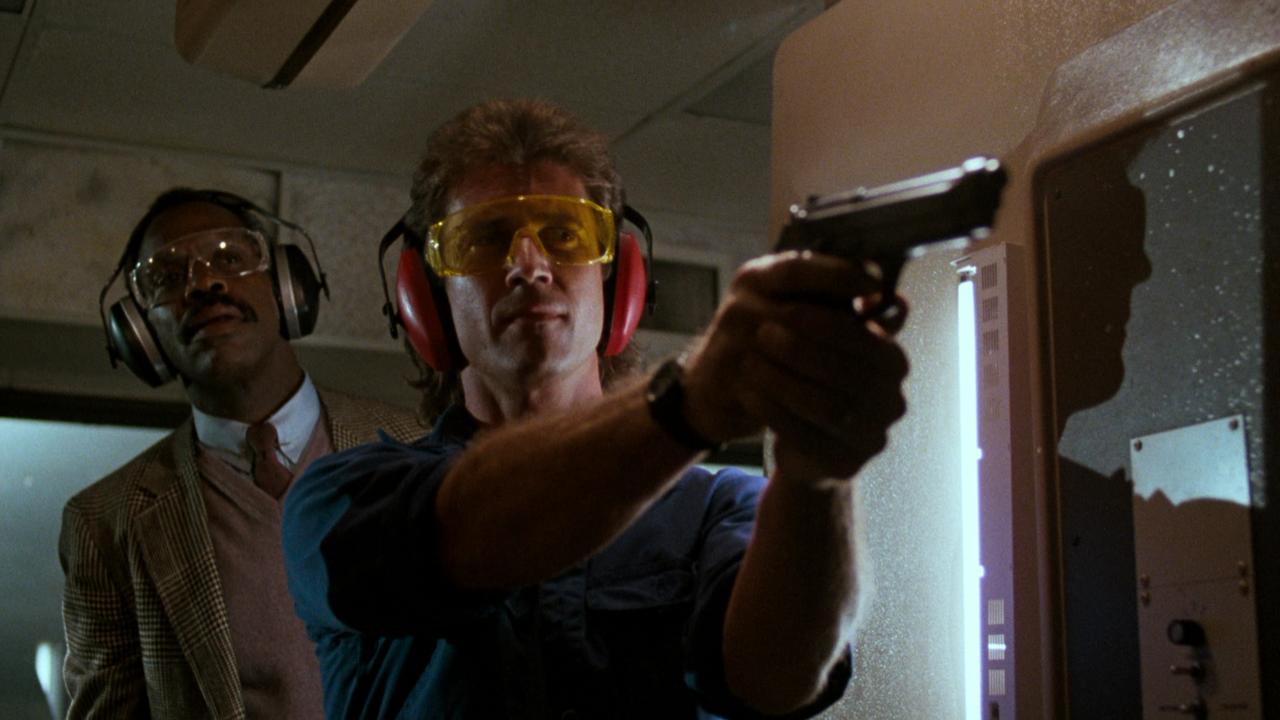

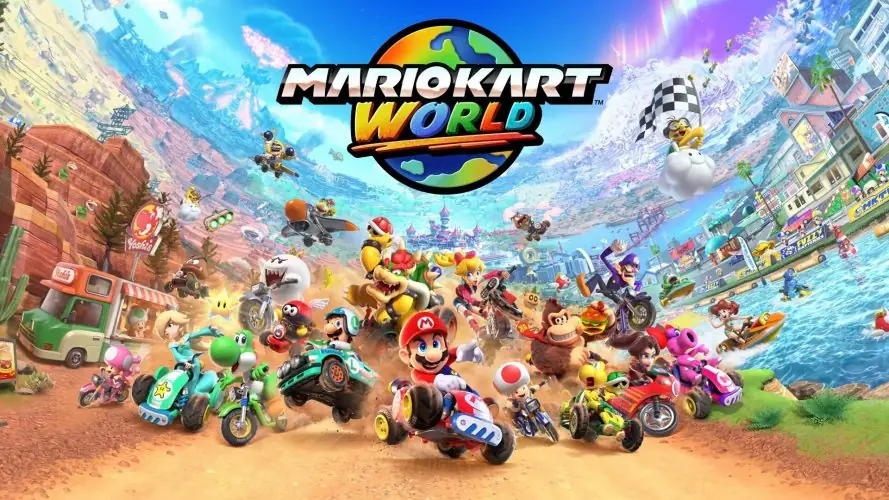

Discussion